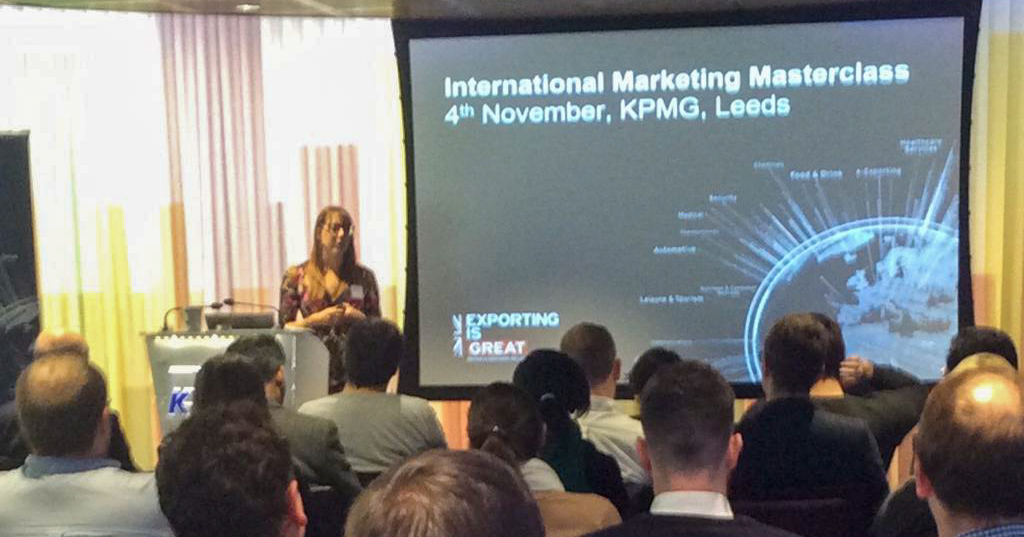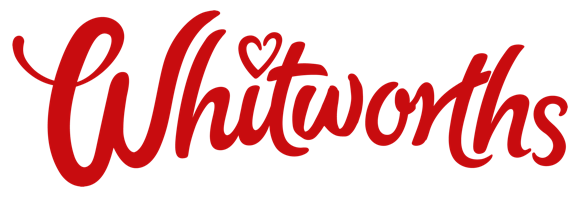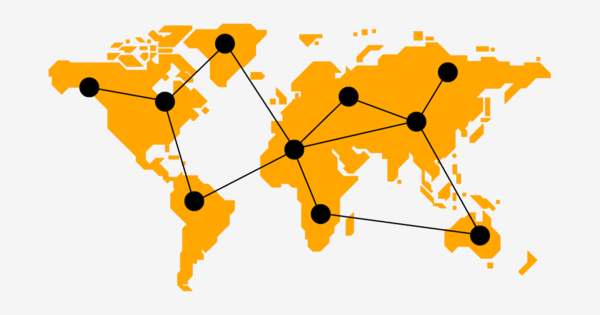Export Strategy & Planning
Export strategy and planning is often seen as a complex or lengthy process, but it doesn’t have to be. In fact the best export strategies are often the most concise and simple. They should determine the global direction of organisations over the long term, be aligned with your overall business plan and highlight where efforts and energies should be focused to achieve maximum results.
Developing an export strategy involves setting clear goals, determining the actions required to achieve these goals and ensuring adequate resources are in place. It is a guiding document that requires regular review to ensure you are still moving in the right direction.
Here are the main areas our team here at Bolst Global will review when building your export strategy and plans for the Middle Eastern region:
Investment is essential when exporting goods to the Middle East. It enables market penetration, marketing and promotion, distribution network development, compliance with regulations, supply chain optimisation, and risk mitigation. Strategic investment is key to long-term success in the Middle East.
- Market Penetration: The Middle East represents a sizable and diverse market with unique characteristics. Investing in market research and analysis will help you gain a deep understanding of consumer preferences, market trends, and competitive dynamics. This knowledge allows you to make informed decisions and develop effective market penetration strategies. Investing in market insights will not only help you identify opportunities, but it will also ensure you target the right consumers and position your brand / products effectively.
- Product Adaptation: Investing in product adaptation and innovation could be required to help you meet the specific needs and preferences of Middle Eastern consumers. This may involve modifying flavours, ingredients, packaging, or portion sizes to align with local tastes and cultural preferences.
- Marketing and Promotion: These activities are essential to create brand awareness, generate demand, and communicate the unique value propositions of your products. Allocating resources to develop effective marketing campaigns, advertising initiatives and trade show participation increases visibility and reach within your target market.
- Distribution Network: Establishing a robust distribution network is critical for successful exporting. Investing in finding the right fit partners for your brand, building relationships with local distributors, wholesalers, or retailers will all help to maximise market reach.
- Compliance and Certification: Exporting food to the Middle East requires adherence to various regulatory standards and certifications. Investing in obtaining the necessary certifications, such as halal certification, demonstrates commitment to meeting religious and cultural requirements. Compliance with food safety, labelling and packaging regulations is also crucial to avoid delays, rejections, or penalties that could impede market entry.
- Supply Chain: Efficient supply chain management is vital for timely and cost-effective delivery of your products. This includes transportation, warehousing, inventory management, and logistics to help streamline operations and ensure your products have the longest shelf life possible when they reach distributors and retailers in the market which is usually a minimum of 12 months for ambient packaged goods.
People within or supporting your organisation are an essential consideration when exporting to the Middle East. Their cultural understanding, market knowledge, relationship-building abilities and negotiation skills are key to the success of your export venture.
- It is essential for those dealing with export within or for your business, to have a good understanding of Middle Eastern culture, customs, traditions, and business etiquette. This will help in establishing strong relationships with partners, customers, and stakeholders alike.
- Market Knowledge: Investing in employee training on market trends, consumer preferences, and regulatory frameworks will help your team make informed decisions regarding product offerings, pricing, marketing strategies, and distribution channels.
- Relationship Building: Building strong relationships is crucial in the Middle Eastern business culture, which values trust and personal connections. Our team at Bolst Global are out in market having face-to-face meetings at strategic times throughout the year to nurture business connections in the region.
- Negotiation Skills: Negotiating successful business deals is a key aspect of exporting to the Middle East. Understanding Middle Eastern negotiation styles and practices, can help secure agreements and effectively communicate your brands values.
- Customer Service and Support: Providing exceptional customer service is crucial for maintaining long-term relationships with partners in the Middle East. Having employees who are knowledgeable about Middle Eastern customer preferences, expectations, and service standards will ensure you meet customer needs.
Production is a vital factor when exporting food to the Middle East. Ensuring consistent quality, compliance with local standards, scalability, product adaptation, efficient supply chain management, cost competitiveness, and sustainability considerations are essential to meet the market’s demands.
- Quality Assurance: Middle Eastern consumers have high expectations when it comes to the quality of food, drink and supplement products. They value freshness, taste, and nutrition. Implementing quality procedures throughout the production process helps maintain product quality, minimise the risk of contamination, and ensures your products are safe and of premium-quality when delivered to the market.
- Compliance with Standards: Middle Eastern countries have specific regulations and standards in place regarding food, drink and supplements. Packaging, labelling, and hygiene practices are crucial to to avoid any legal or regulatory issues. Moreover, some items attract excise or other taxes that you need to be aware of when building your value chain.
- Scalability and Capacity: When planning for export, it is essential to assess your production capacity and scalability of your operations. Exporting to the Middle East may require increased production volumes to meet the demand of a larger market. Evaluating your own or your manufacturers ability to scale up production while maintaining consistent quality is crucial.
- Product Adaptation: Middle Eastern consumers require Arabic labelling, and your product packaging will usually require adaptation to comply with product registration. The production process must be flexible enough to accommodate these adaptations and ideally be able to view this as an investment in long-term business opportunities.
- Efficient Supply Chain: Production planning must take into account factors such as transportation logistics, storage requirements, shelf life, and lead times. Streamlining the supply chain and optimising both productions and post-production processes (such as preparing your export documentation in a timely manner) can help ensure the longest possible shelf life is achieved for your clients.
- Cost Competitiveness: Efficient production processes and cost management play a crucial role in offering competitive pricing while maintaining profitability for your company. Whilst initial orders may be smaller scale to test the market, cost is key and should be evaluated based on future wider business opportunities in the market or the wider region to give you that competitive edge. Be aware that not all Middle Easter consumers have the purchasing power and there is variation market to market that you need to consider.
Export Strategy & Planning Services
In an ideal world export strategy formulation should be the starting point of your export activities. However, through our experience we are aware that many companies become ‘accidental exporters’ first and then require some reverse engineering to their export activities once they realise the potential that a proactive strategic approach to exporting could have on their business.
At Bolst Global no matter what stage you are at, we have the expertise and can help you create a tailored strategy and plan that will put your business in the best position for export success moving forward.
Our approach involves developing the following:
Take your export strategy to the next level
Our team will work closely with you to develop a formal export strategy and plan that is tailored to your overall business objectives. This will also involve developing an action plan that is fully implementable, based on your company capabilities and the specific products you are looking to export to Middle Eastern markets.
As part of this service we will also undertake a detailed market selection process and create an international road map unique to you, working on specific considerations you need to make when targeting these markets, such as your value pricing chain and your international value proposition. This tailored plan can then be implemented in-house using your own company employees or taken to the next stage by our team of experts.

Contact us today
Marketing Strategy Framework Tutorial

This tutorial has been designed to help you become more strategic in your approach to exporting. Developed to support brands and manufacturers to create a detailed and strategic marketing plan for exporting your products overseas. Upon completion of this tutorial, you will be able to complete your own strategic plan and use our downloadable template to utilise for your own business.
Export Strategy Resources
Export Strategy Webinar for the DIT
In this webinar we cover the importance of a strategic approach when building a successful export business from scratch.
A strategic approach is of utmost importance when exporting to the Middle East. It allows you to navigate the complexities of the market, make informed decisions, and effectively allocate resources.




